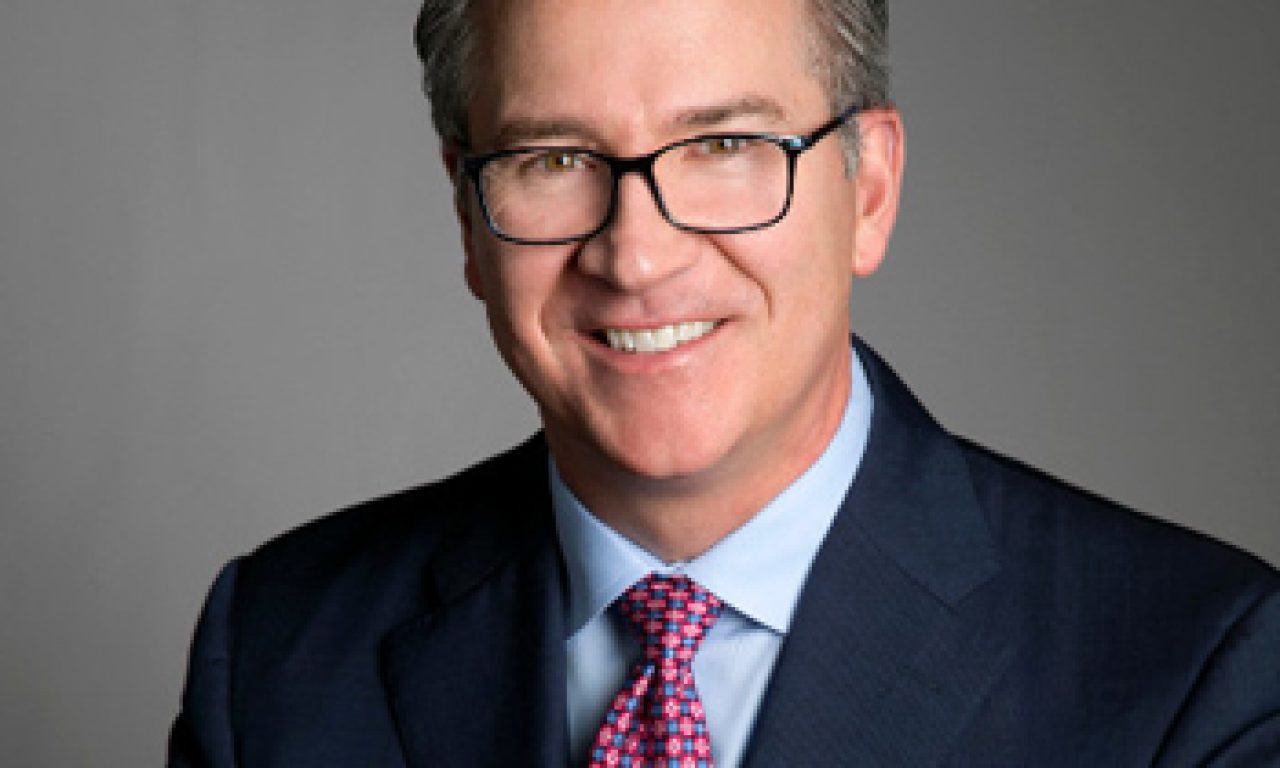It’s the US versus the rest of the world in institutional investment management, new research from Fidelity Investments has found. The US is not as keen as almost all other countries on new technologies, new asset classes and socially responsible investing.
The recently-published 11th annual Fidelity Institutional Asset Management global fund manager survey reveals a large gap between US and other regions across almost all canvassed issues including technological threats, cryptocurrencies, socially responsible investing (SRI) and asset allocation.
For example, while all respondents agreed artificial intelligence (AI) would help build “optimal asset allocation models” by 2025 just 29 per cent of US firms were exploring actual uses for the technology compared to almost 90 per cent elsewhere in the world.
Similarly, only 22 per cent of US institutional firms surveyed expected to invest “without human contact” by 2025 – well below responses from all other regions, which ranged from 80 per cent in Japan to 52 per cent in the UK.
US institutions were also downbeat on blockchain with 30 per cent picking the distributed ledger technology was unlikely to transform the investment industry over the next seven years, an opinion held by 0-1 per cent of investors in other parts of the globe.
Ex-US, over 90 per cent of respondents said blockchain would “fundamentally change the industry” by 2025” versus “barely over half” that level of American institutional investors in the survey.
Jeff Mitchell, Fidelity Institutional Asset Management CIO, says the result could reflect the relatively slow take-up in the US of financial technology like mobile payments compared to other regions.
“Clearly, most of the world outside of the Americas is expecting technology to reduce the role of financial intermediaries involved in transactions,” Mitchell says. “Blockchain and similar technologies may still be in their early stages, but their potential to transform the investment industry is compelling.”
The survey, which tapped the views of over 900 institutional investment firms in 25 countries representing a combined US$29 trillion, also found widely-divergent views on the medium-term prospects for new asset classes (such as cryptocurrency).
US respondents are evenly-poised between thinking new asset classes were likely to emerge (39 per cent) and unlikely (37 per cent). However, in other regions the vast majority of those surveyed said new technology-based asset classes were likely to arrive by 2025: with the positive response level ranging from 72 per cent in the UK to 94 per cent in Japan.
Furthermore, US institutions are the most sceptical about SRI, with about 80 per cent saying it had “little or no influence” on their investment processes. Mitchell says the SRI was “almost the exact opposite” to other regions.
“What was even more striking was when asked about the direction of change expected by 2025, the numbers again are really low in the Americas,” he says.
US investors also differ markedly from other global institutions in their asset allocation plans, the Fidelity survey found, especially for domestic equities exposure. About 45 per cent of US respondents plan to scale back domestic share allocations by 2025 while the figure was only 16 per cent for other global investors.
US firms, too, intend to lean more heavily on fixed income assets – both domestic and offshore – than their global counterparts, the survey shows.
– Investment News NZ

